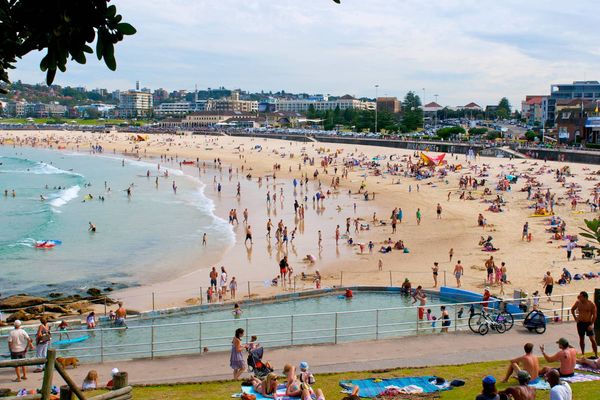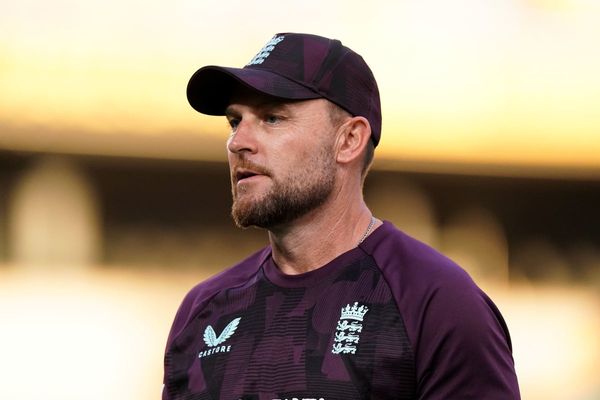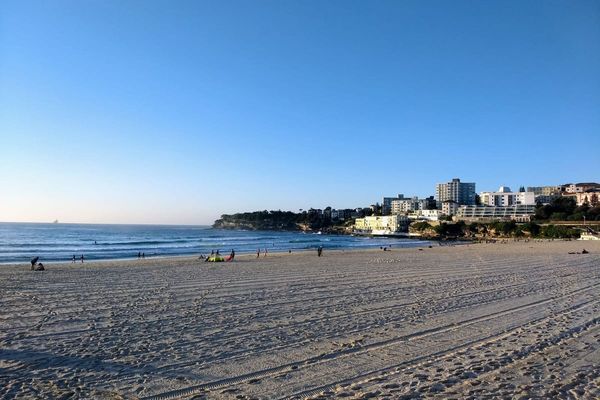
In Nottingham’s Old Market Square, the fountains that once flowed in front of the Council House are bone dry, and as part of a series of proposed cost-cutting measures they may never be switched on again.
It is one of many potential cuts on the horizon for the city’s people even though they pay the second highest rate of council tax in England. A band A household in Nottingham will pay £1,608 a year for 2023-24, compared with a national average of £1,392 and just £608.04 in the London borough of Westminster, which boasts the lowest rates.
Nottingham has had some of the steepest council tax rises in the country in recent years. The majority of properties in the city fall under the lowest council tax bands – A and B.
“They’re taking more money off the working person and then give you nothing for it,” said Grahame Ballam, 70, out shopping in the city centre. “We get a bad deal in Nottingham. Everything is going up and there’s nothing you can do about it, but it’s the cuts that bother people.

“Like care cuts for the elderly. Where are we going to put people? And things like the fountains – they paid all that money to have them installed and now they’re going to turn them off to save a few pennies. Yet council tax will be going up again, and for what?”
The local authority, which has been Labour-controlled since it became a unitary authority in 1998, is facing a budget shortfall of £50m for 2024-25 and in November it issued a section 114 notice, in effect declaring itself bankrupt. A huge swath of proposed cuts announced the following month included the closing of an adventure playground, a youth centre and two residential care homes, the introduction of charges for public toilets and garden waste collection, and the closing of water features to reduce maintenance costs.
It said library services would be reviewed and contributions to grants for the arts and voluntary sectors would be reduced.
“I couldn’t imagine that any city council would decimate their services that way,” said Ross Bradshaw, the owner of Five Leaves bookshop, who recently helped lead a campaign to save three libraries in the city. All are now at risk again.

“I’m a bit scared for the city. And I’m worried people don’t know it’s happening. OK, at the micro level it means we’re going to have to pay to pee, but at a bigger level it’s the destruction of local government.”
A few miles north of the city centre, Benjamin Rosser runs the Pythian Club, a centre that works to engage young people from socioeconomically deprived areas. He is worried that cuts to youth services and other services relied on by vulnerable families will place further strain on independent charities like his.
“Just in the last two weeks, we’ve gone from feeding 100 families a week to 135. We’re seeing a massive increase in people being very concerned about the future and what these cuts will mean for them and their families,” Rosser said. “The services funded by the council are getting depleted and the quality and the value is being stretched, but people are still paying their council tax – at a time when people are really struggling.”
While he stressed that many people at the council were “trying their best in a very difficult situation”, he urged them to try to find solutions to avoid crippling budget cuts that would harm already struggling communities.
Nottingham Playhouse is facing the prospect of losing all council funding – £60,000 a year – if the proposed cuts are approved. “Inevitably, if we have less money, we will have to do less,” said the venue’s chief executive, Stephanie Sirr.

“A cultural life is everyone’s right and people should fight to the death for this because we could have a whole generation of people that grow up disadvantaged in all aspects of life, culture included.”
Sirr argued that the cultural sector contributes huge amounts to the city’s economy every year in the form of parking charges and through the hospitality sector, so the cuts were shortsighted.
“To live here at the moment, it’s quite frightening, especially for people who’ve got family members dependent on statutory services. It’s things like Nottingham Playhouse that help people to feel better,” she said.

Ana Navea, 39, who moved to Nottingham from Venezuela six years ago, said her rent for a room in a shared house in the city had risen from £400 to £600 a month in the last two years, and she feared that council tax rises could push it up further.
“Sometimes I don’t want to see the news in Nottingham because it’s scary. You don’t know what the future holds,” she said, adding that a now at-risk library was a lifeline when she first moved to the city and needed to meet new people.
“Everyone I know is worried because we don’t know what’s going to happen with the council and how much it’s going to cost. I feel like we’re going to be under a lot more pressure in the coming years.”
David Mellen, the leader of Nottingham city council, said that like many local authorities across the country, the council was struggling with the cost of care for adults and children, as well as more people presenting as homeless.
“We understand and share concerns about the extent of the proposed budget cuts being faced in the city,” he said. “Many of these are things we’ve continued to do in Nottingham when they’ve long since been scrapped in other towns and cities, like not charging for garden waste.
“This needs to be seen in the context of our main grant from government being cut by nearly £100m each and every year since 2013, and the failure to properly address the issues facing both the adult and children’s care system nationally with rising demand and costs overwhelming council budgets.
“Nottingham faces the additional challenge that around 80% of properties in our city are in the lowest council tax bands A and B, which dramatically reduces our ability to raise funds.”
This article was amended on 30 January and 2 February 2024 to add the information that Nottingham city council is Labour-controlled, and correct the council tax charge for a band A property in Westminster.







